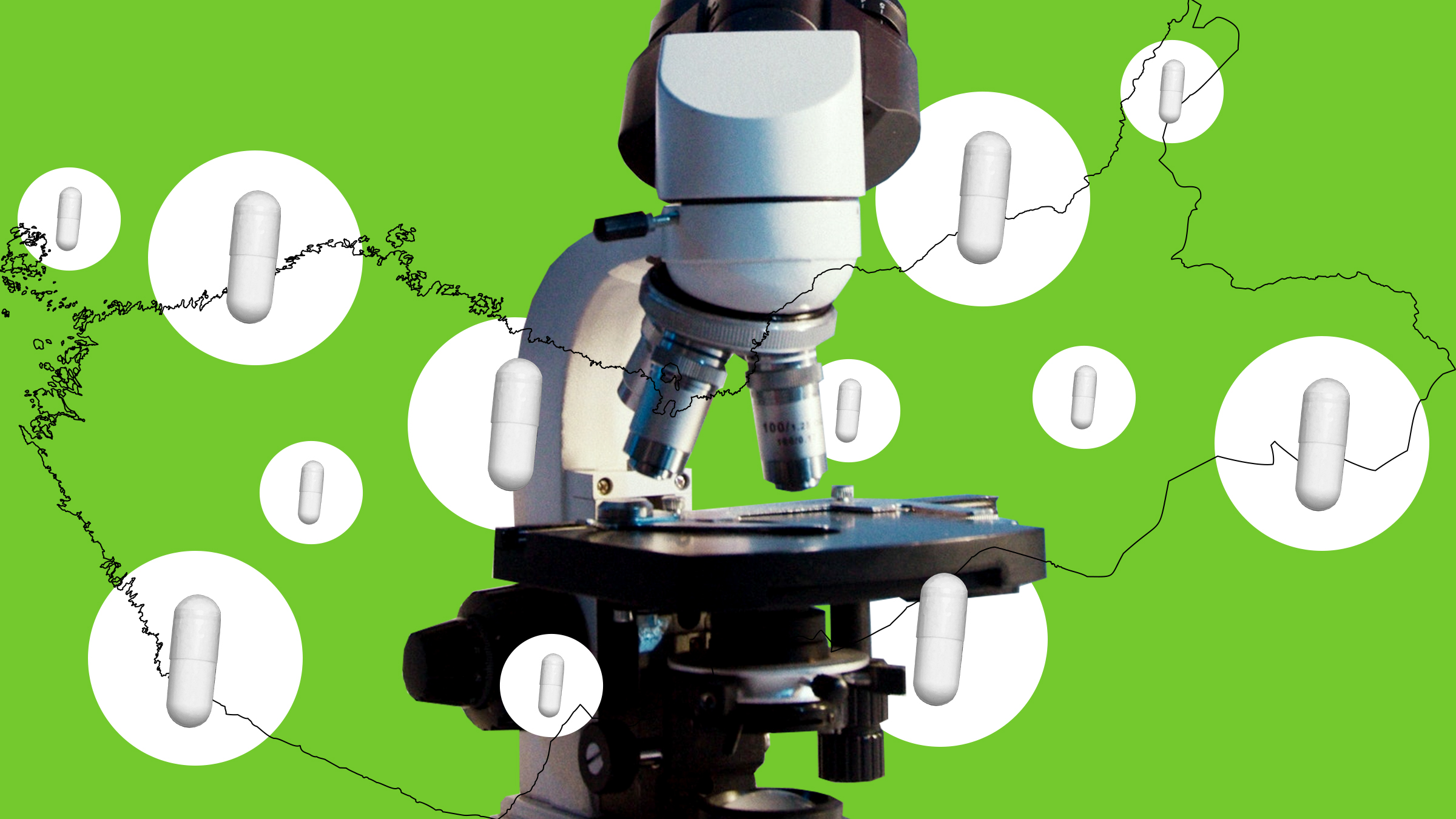Decentralised and virtual drug trials can improve the quality of trial data, provide continuous information on patient status, make it easier to find patients for trials and reduce the risk of patients withdrawing from a trial, according to a new Sitra working paper.
“Finland has an excellent opportunity to be a pioneer in decentralised and virtual drug trials. There are opportunities both as a testing ground for decentralised and virtual methods and as a host country for drug trials carried out in a decentralised way,” says Johannes Ahlqvist, a specialist at Sitra.
However, despite having the optimum conditions to do so, Finland has yet to capitalise on the opportunities available.
Enabling location-independent trials
A decentralised and virtual drug trial uses digital and physical solutions that can be carried out regardless of location. For example, the patient may no longer have to physically travel to the trial centres for procedures as before.
Clinical trials are typically used to establish the effectiveness and safety of drugs, but they are highly regulated, lengthy and costly processes. Traditionally, patients involved in trials travel to host centres for procedures such as blood pressure measurements or drug dispensing.
Decentralised and virtual drug trials differ from the existing operating models by allowing the transfer of data recording from professionals to patients or enabling data to be obtained from remote blood glucose meters, for example. However, they may also overlook some side effects that might only be apparent through physical interaction with a professional.
A pioneer in decentralised drug trials
Sitra’s working paper presents recommendations for making Finland a pioneer in decentralised drug trials, by capitalising on its strong digital capabilities and advanced data use.
“Finland’s comprehensive health data, a population used to national digital solutions and innovation-friendly authorities are our competitive assets that should be better exploited in clinical trials,” says Project Director Markus Kalliola from Sitra.
The working paper proposes the following:
- Finland should clarify the rules and operating practices and better define the networks and roles of those in the sector, so that the key parties can be more united.
- Finland’s strengths must be marketed more ambitiously, using Denmark as a potential model.
- Non-profit trials experimenting with decentralised methods must be supported.
The working paper’s observations and recommendations are based on interviews and discussions with stakeholders carried out between September 2021 and April 2022, and the paper’s authors made use of literature, online publications and a background study carried out for Sitra by Kasve Oy.
It follows on from the March 2022 working paper (published in Finnish) “Smooth and secure use of health data – Five steps towards a fair data economy 2030”, which focused on the use of digitalisation and data for healthcare reform and business growth. Sitra proposed measures to enable Finland to establish itself as a pioneer in this field.
We are building a human-driven, fair data economy based on European values. The Health Data 2030 project focuses on promoting the use of health data in Finland and Europe. The aim is for Finland’s health and well-being sector to become a pioneer in the use of health data, resulting in health benefits for citizens and economic growth for society.

